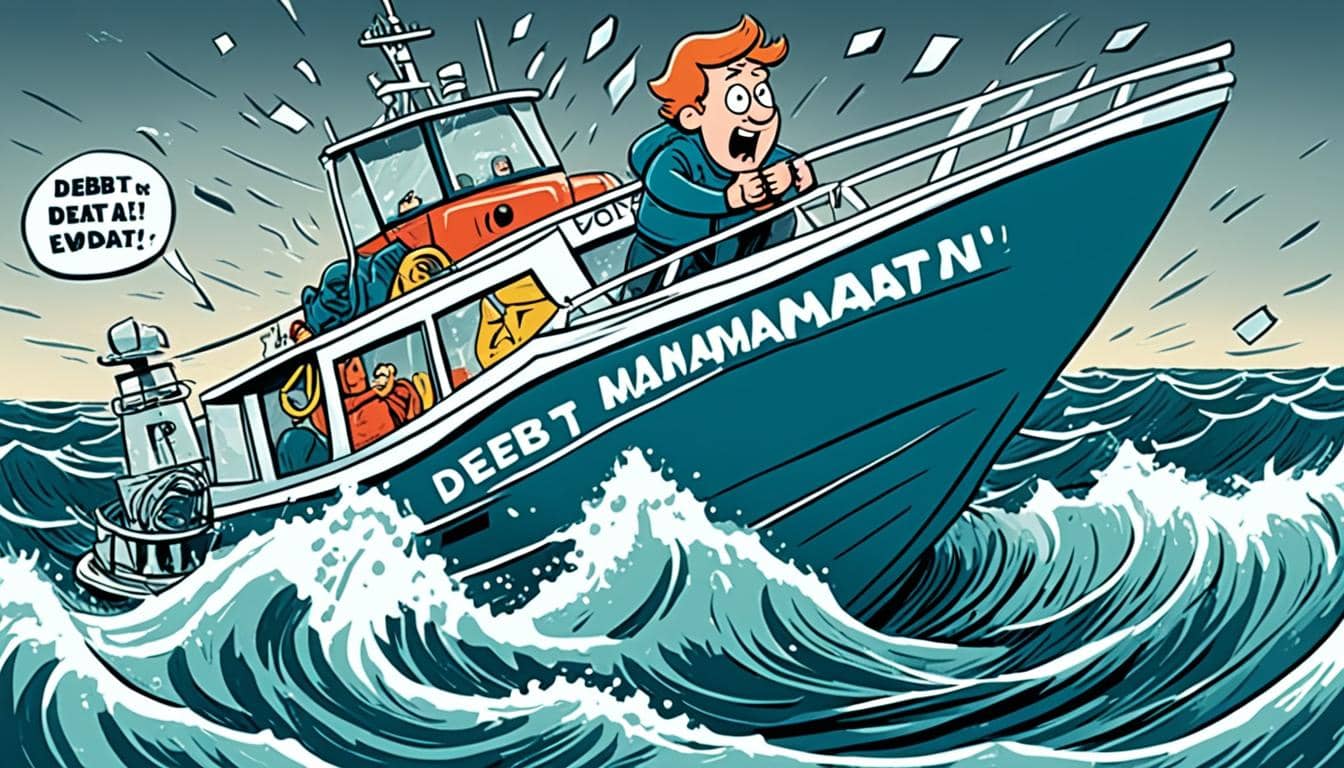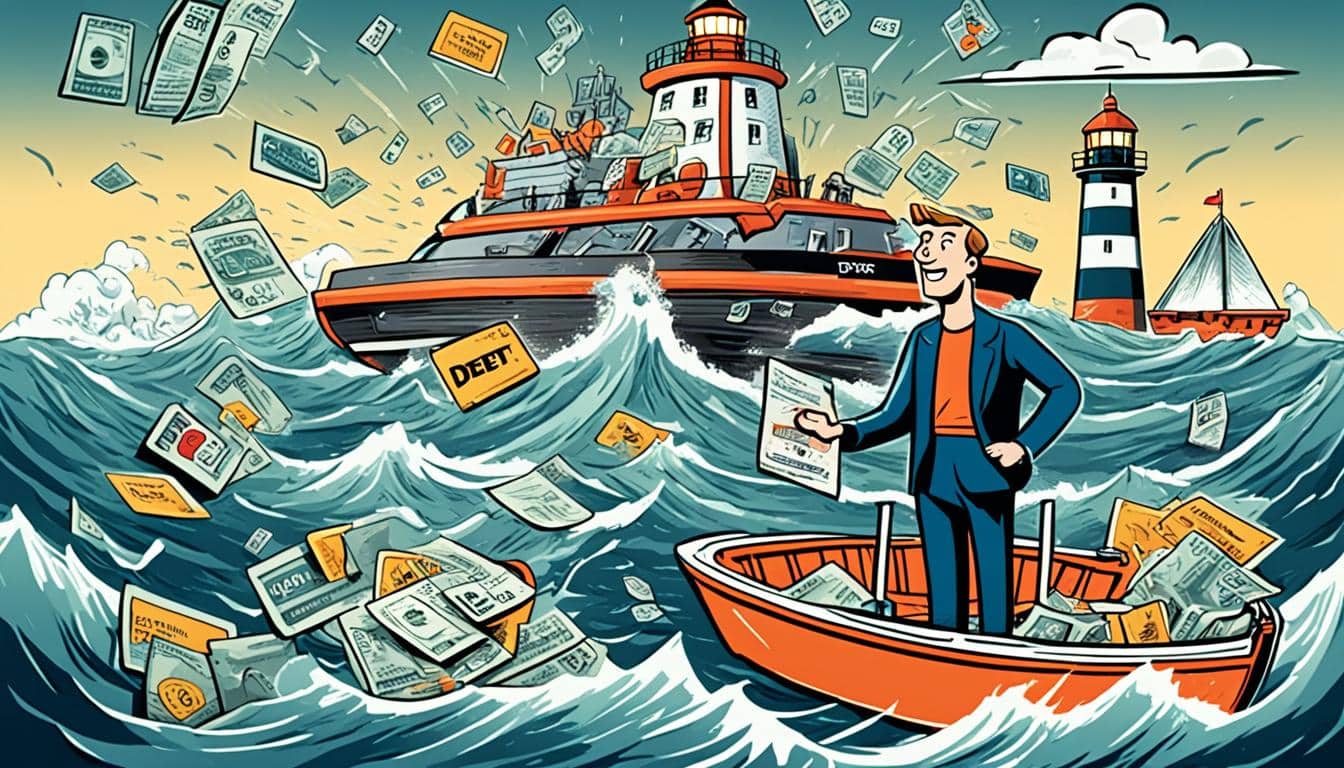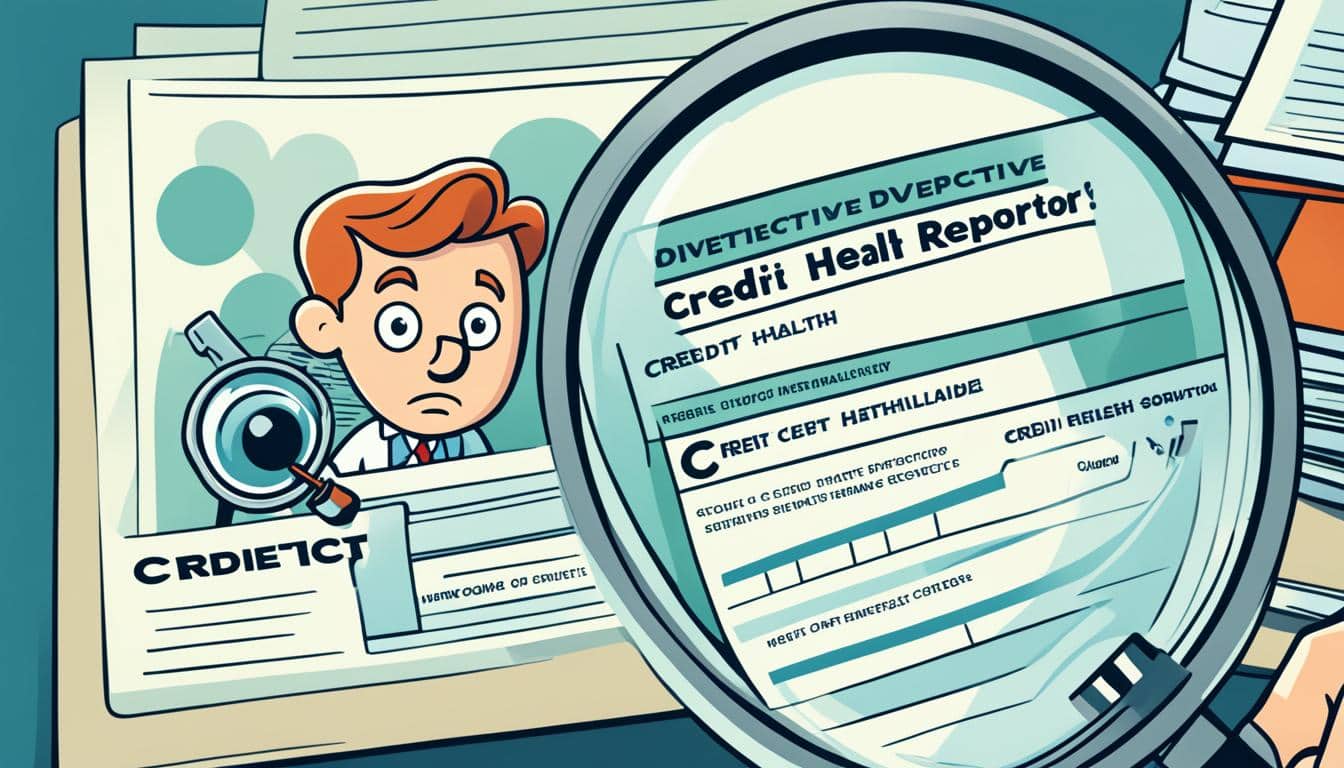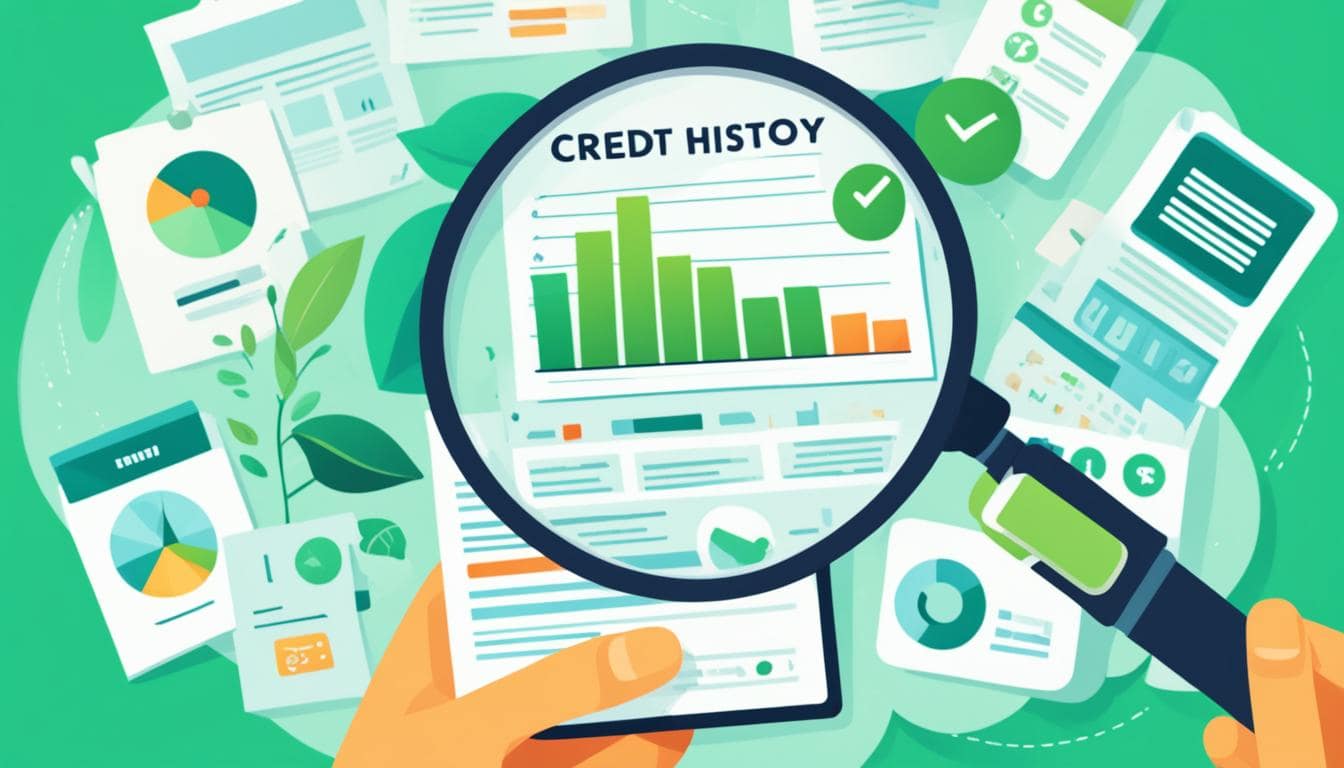Table of Contents (Click To Jump)
Did you know American households were buried under $16.9 trillion in debt by 2022’s end? That includes a whopping $986 billion in credit card debt alone, even more than before the pandemic. It feels like drowning in a sea of bills, doesn’t it?
Stepping into the world of finance can be daunting when you owe a lot. This article will shed light on Debt Management Plans (DMPs). They’re like a life jacket in the ocean of debt. Credit counseling agencies create DMPs to make paying off debt easier by combining it into one monthly bill. This gives you a clear path to becoming debt-free.
Imagine starting your journey to financial freedom. With a DMP, you’ve got a map through the stormy seas of credit card bills, loans, and medical expenses. It’s time to raise the sails and head towards calm financial waters!
Key Takeaways
- American household debt reached a record $16.9 trillion by the end of 2022.
- Credit card debt soared past pre-pandemic levels, hitting $986 billion.
- Debt Management Plans (DMPs) can consolidate unsecured debts into one monthly payment.
- Credit counseling agencies design DMPs to help navigate through financial turmoil.
- DMPs aim to steer individuals towards a debt-free future with manageable monthly payments.
What is a Debt Management Plan?
Have you ever thought about a financial guide for debt? A Debt Management Plan (DMP) acts like that. It helps people take back control of their spending by combining their debts. This concept simplifies by turning many payments into one each month. Credit counseling groups create these plans to ease the stress of handling several bills. They help guide you to being debt-free.
Definition and Purpose
A DMP makes handling money easier. Credit agencies help by putting together many unsecured debts, like credit card bills, into one payment. The main goal is better debt control and lower interest rates. People usually pay about $33 to start and $24 monthly in 2022.
Significance in Financial Health
Why does a DMP matter for your money health? First, it’s a rescue ring for those overwhelmed by debt, ensuring timely payments to boost credit scores. A well-planned DMP guides you to freedom from debt in 3 to 5 years. It keeps your credit score stable, unlike bankruptcy or settling debts, as you manage credit use and interest rates.
Sticking to advice on managing debts, like not using new credit cards, is key. Staying focused helps the DMP work well. Embracing a DMP is a big move towards easier payments and financial peace.
How Does a Debt Management Plan Work?
Imagine you’re untangling a financial knot and it feels like herding cats. This is where a Debt Management Plan (DMP) steps in. It brings order, starting with a credit counseling session.

Initial Credit Counseling
Your adventure starts with a wise credit counselor. Think of them as a finance detective. They dig into your spending to find problems in your budget.
Budget Analysis
The counselor then conducts a budget analysis. Their expertise makes your income and spending work together beautifully. It’s like creating a symphony from your finances using the best debt management tools.
Negotiation with Creditors
Then, debt management experts negotiate with your creditors. They work to get you lower interest rates, sometimes as low as 8%! They might also get fees waived or payments reduced.
Consolidated Monthly Payments
No more struggle with multiple due dates. Your life becomes easier with one monthly payment. DMPs usually take three to five years to wipe out your debts.
Financial Education
The last step is learning about finance. Your counselor gives you tips to avoid future debt. You learn to manage your money wisely to stay off “debt island.”
Reviews say DMPs really help, like improving credit scores. If debt has you overwhelmed, a DMP could be your lifeline!
Benefits and Drawbacks of Debt Management Plans
A Debt Management Plan (DMP) is like a trusty ship for your financial journey. It has both benefits and trade-offs. Let’s explore them to make informed decisions.
Advantages
Looking at the bright side, the main benefits are simpler repayment and lower interest rates. By merging unsecured debts into one easier monthly payment, stress drops.
- Lower Interest Rates: Negotiating can lead to smaller interest charges, saving money over time.
- Decreased Stress: A single payment means no more stress from multiple due dates.
- Credit Score Improvement: On-time payments each month can boost your credit score later.
- Support from Debt Management Companies: These organizations offer financial advice and support, crucial for lasting financial well-being.
Disadvantages
But, there are challenges too:
- Fees: Signing up and ongoing fees add up. For example, some agencies charge a $39 signup fee and $7 a month afterwards.
- Time Commitment: It often takes 3-5 years of regular payments to complete a DMP.
- Limited Scope: These plans usually only cover unsecured debts like credit cards, not student loans or secured debts.
Weighing Pros and Cons
Moving towards debt freedom requires analyzing the pros and cons in any debt management guide. Enticing factors like lower interest rates and manageable payments battle against the time commitment and possible fees. Picking the right agency can help balance the scale to clear your path to being debt-free.
Is a Debt Management Plan Right for You?
Think of choosing a DMP like picking dive gear. Not every piece fits every diver just right. For those deep in overwhelming debt, knowing when a DMP fits can keep us afloat. Now, let’s dive into when it’s a good idea.
When It Works
Debt management plans shine against unsecured debts, like credit card bills. Their goal? To clear debts in three to five years. This gives hope and a clear path to those ready for a financial turnaround. Imagine combining all high-interest debts into one easy payment. That’s DMP’s promise.
With setup fees around $33 and monthly costs at $24 in 2022, it’s quite affordable. It’s crucial to know DMPs don’t cover secured loans, like houses and cars, or student loans.
When to Consider Alternatives
No one fix solves every problem, and some situations call for a different approach. If you’re facing bankruptcy-level issues, consider debt consolidation or settlement. These could be your lifelines. DMPs need consistent payments for three to five years. If that’s not doable, it’s wise to look at other options.
The harmful effects of bankruptcy linger on credit reports for 7 to 10 years. That’s longer than most DMPs last. Keep this in mind when choosing your debt management strategy.
Types of Debt Management plans
Dealing with debt is like fighting a sea monster. Your strategy depends on the monster you’re facing. There are different types of debt management plans (DMPs). Each one is made to help with certain financial troubles. Let’s look at how these plans can give debt management support.
General Debt Management Plan
The General DMP is great for handling lots of unsecured debts, like personal loans. Credit counselors work with you to cut interest rates and fees. It takes time, but they help make debts easier to handle. They talk to creditors to get rid of extra charges. This is good if you’re dealing with many debts at once.
Credit Card Debt Management Plan
Swamped by credit card debt? A Credit Card DMP targets those high-interest debts. Counselors help lower your rates and organize your debts. With a DMP, you might close some cards and affect your credit score. But, it’s a step towards financial stability if you’re drowning in debt.
Medical Debt Management Plan
Overwhelmed by medical bills? A Medical DMP focuses on those huge, sudden medical debts. Counselors help group your debts and negotiate lower fees. They set up a way to pay off those massive bills over time. This plan keeps medical bills from ruining your finances.
Choosing the right debt management plan is crucial. It depends on the types of debt you have. With the right plan, like a General DMP, Credit Card DMP, or Medical DMP, you can navigate through tough financial times. These plans give you the debt management insights needed to get back on track.
FAQ
What is a Debt Management Plan?
A Debt Management Plan (DMP) is a plan from credit counseling agencies for handling debt. It turns messy unsecured debt into easier monthly payments. Think of it not just as a temporary fix but as a sturdy guide towards being debt-free.
How can a Debt Management Plan improve my financial health?
A DMP works like a financial guide, merging multiple debts into one. This makes handling your finances easier. And it puts you on the path to living without debt.
How does the initial credit counseling work in a Debt Management Plan?
The journey starts with an advisor checking your budget. They organize your income and spending. This organizes your debt into something you can manage.
What role does negotiation with creditors play in a DMP?
Credit agencies talk to your creditors to lower your interest rates and fees. So instead of many confusing bills, you get one simple payment each month.
What are the advantages of enrolling in a Debt Management Plan?
Being in a DMP can get you lower interest rates and make repayments simpler. It makes dealing with debt much easier.
What are the potential drawbacks of a Debt Management Plan?
A DMP might lower your credit score at first and come with fees. It’s important to compare these drawbacks with the benefits, like reduced interest rates.
When is a Debt Management Plan the right choice?
A DMP is good when high interest is overwhelming and you want simpler payments. In the worst cases, consider other options like bankruptcy or settling your debt.
What are the different types of Debt Management Plans?
There are various DMPs for different needs. General DMPs help with lots of unsecured debts, Credit Card DMPs are for credit card debt, and Medical DMPs help with big medical expenses.




